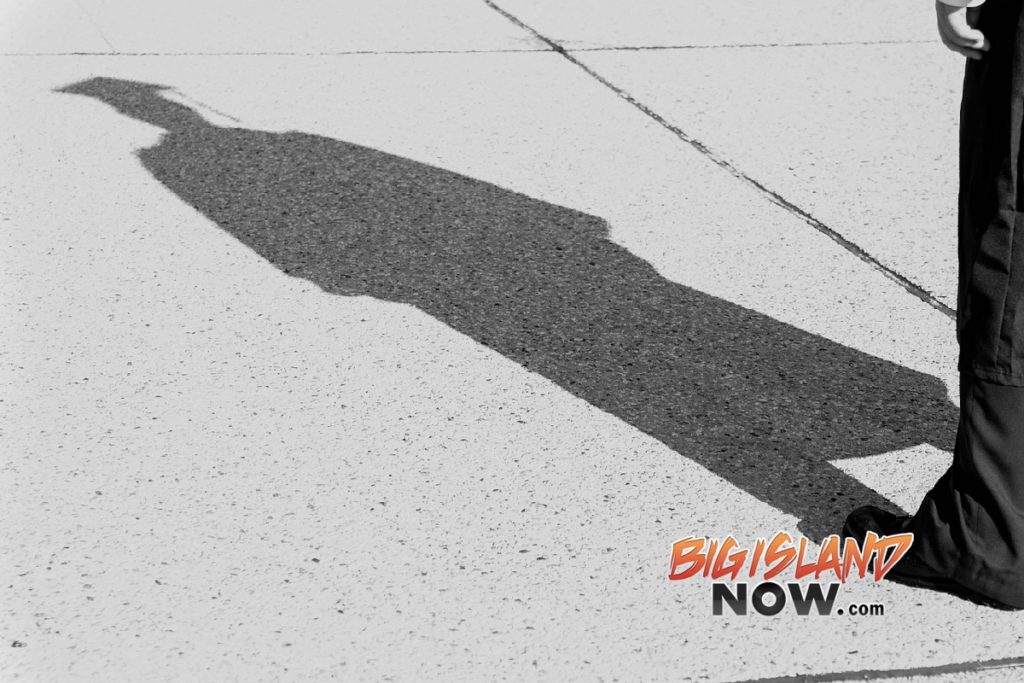Sen. Schatz Introduces Education Act for Incarcerated
 U.S. Sen. Brian Schatz (D-Hawai‘i) introduced the Restoring Education and Learning (REAL) Act on Wednesday, Feb. 14, 2018, a bill that would restore Pell Grant eligibility for incarcerated individuals in order to cut the cycle of recidivism, save taxpayer money and improve safety.
U.S. Sen. Brian Schatz (D-Hawai‘i) introduced the Restoring Education and Learning (REAL) Act on Wednesday, Feb. 14, 2018, a bill that would restore Pell Grant eligibility for incarcerated individuals in order to cut the cycle of recidivism, save taxpayer money and improve safety.
“When we give people in prison an opportunity to earn an education, our communities are safer, our taxpayers save money and we can end the cycle of recidivism,” said Sen. Schatz. “The REAL Act would restore a program we know already works and give people a real chance to rebuild their lives.”
In 1994, incarcerated individuals lost access to Pell Grant assistance, causing a significant drop in the number of education programs in prisons. The REAL Act would restore access to these grants, which would reduce recidivism and incarceration costs by increasing access to higher education.
The national recidivism rate is 43.3% within three years, but higher education can have a dramatic impact on reducing that rate. A widely cited study conducted by the Texas Department of Criminal Justice found that higher education reduced recidivism to just 13.7% for formerly incarcerated individuals who earned an associate’s degree, 5.6% for those earning a bachelor’s degree, and less than 1% for those earning a master’s degree.
In addition, studies have shown that each dollar spent on secondary education programs for prisoners reduces incarceration costs by $4 to $5 during the first three years after an individual is released. It has been estimated that an investment of $1 million in prison education programs prevents approximately 600 crimes, while the same amount of funding would only prevent approximately 350 crimes if invested in incarceration alone.
“We applaud the reintroduction of the Restoring Education and Learning Act, and urge Congress to move swiftly to enact this commonsense measure. Under the current system, people of color make up a disproportionate percentage of those without a high school diploma who are incarcerated. Instead of simply locking people up, efforts like the REAL Act would reduce recidivism and help prepare the formerly incarcerated to better contribute to their communities when they are released,” said Vanita Gupta, the president and CEO of The Leadership Conference on Civil and Human Rights.
“We’ve heard from thousands of prisoners over the years that they want and need more education,” said Kevin Ring, president of Families Against Mandatory Minimums (FAMM). “In federal prisons especially, prisoners are not getting access to college, computers, or qualified teachers. A GED isn’t enough to make it in today’s job market, especially if you’ve been locked up for years. Educating prisoners reduces crime, and that alone makes opening up Pell Grants to prisoners a worthwhile investment.”
“Providing meaningful opportunities for people to change promotes greater public safety,” said Leann Bertsch, director of the North Dakota Department of Corrections and Rehabilitation and president of the Association of State Correctional Administrators (ASCA). “The Restoring Education and Learning (REAL) Act targets a key barrier for people reentering our communities and provides opportunities for those looking to further their education, find employment, and live a productive life free of crime.”
Sen. Schatz’s legislation is cosponsored by U.S. Sens. Patrick Leahy (D-Vt.), Dick Durbin (D-Ill.), Sheldon Whitehouse (D-R.I.), Bernie Sanders (I-Vt.), Michael Bennet (D-Colo.), Elizabeth Warren (D-Mass.), Chris Coons (D-Del.), Richard Blumenthal (D-Conn.), Mazie K. Hirono (D-Hawai‘i), Cory Booker (D-N.J.), Kamala Harris (D-Calif.), Ben Cardin (D-Md.), Ed Markey (D-Mass.), Kirsten Gillibrand (D-N.Y.), and Jeff Merkley (D-Ore.).
The REAL Act has been endorsed by nearly 60 public safety, civil rights, and educational organizations, including the American Civil Liberties Union, Center for American Progress, The Leadership Conference on Civil and Human Rights, Association of State Correctional Administrators, American Correctional Association, Association of State and Federal Directors of Correctional Education, NAACP Legal Defense and Education Fund, Families Against Mandatory Minimums, Prison Fellowship, Drug Policy Alliance, JustLeadershipUSA, and Education from the Inside Out Coalition. A full list of organizations supporting the REAL Act is available here.














